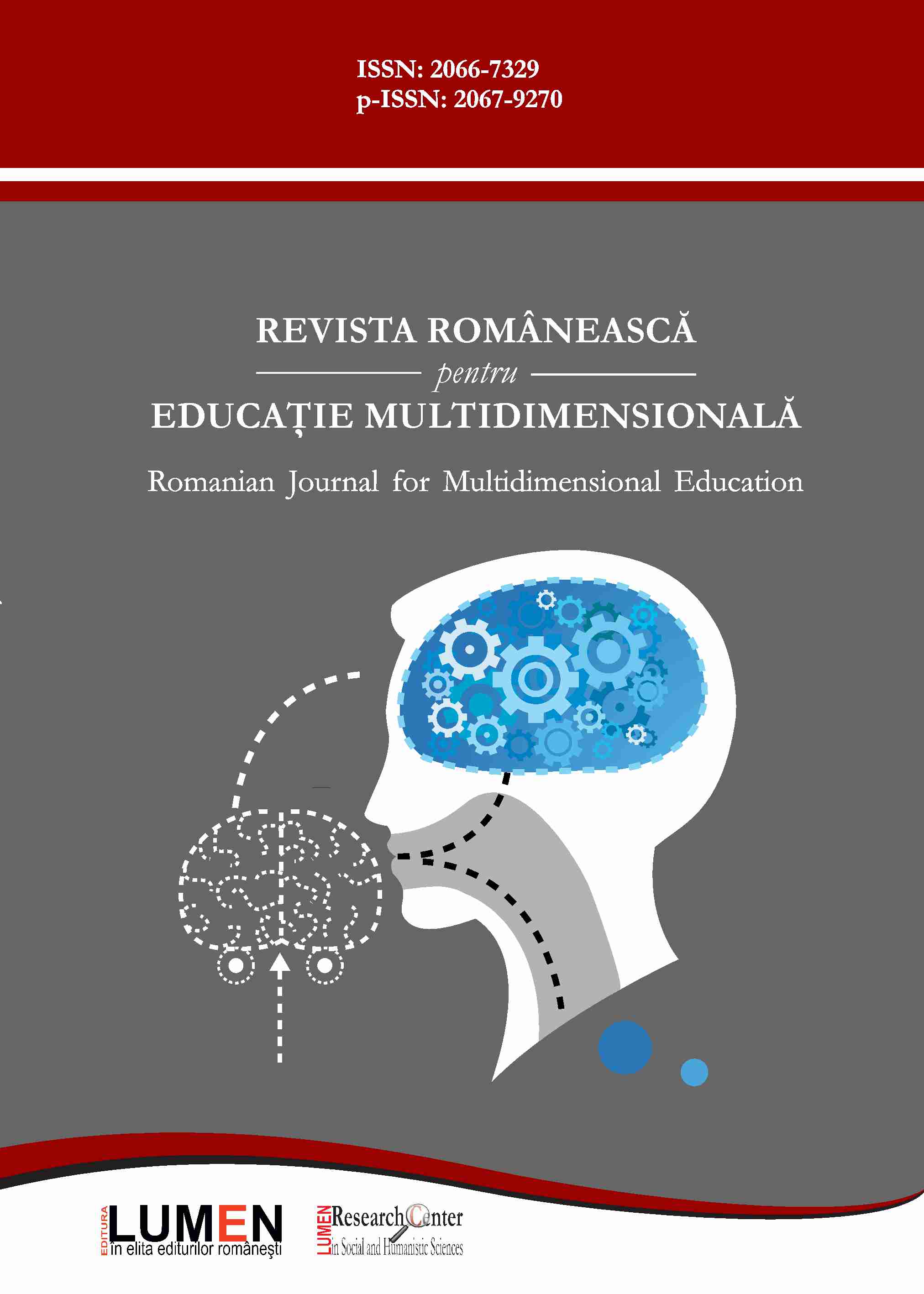The Christian Finality of John Locke's Theory of Empiricism
The Christian Finality of John Locke's Theory of Empiricism
Author(s): Marius DumitrescuSubject(s): Philosophy, History of Philosophy
Published by: Editura Lumen, Asociatia Lumen
Keywords: divine law; natural law; Christian empiricism; John Locke
Summary/Abstract: In this paper I will present the way in which John Locke connected the Hobbesian theory of the natural state to a vision that also takes into account Christian precepts.First of all, I will show that, for Hobbes, the story of mankind was in fact a history of submission to a terrestrial power, bearing the metaphorical name of Leviathan, a true political monster. Hobbes's conclusion was that God's intervention in history is reserved only to those actions that do not concern coercion and punishment, but only evangelization, in view of the Savior's second coming.Secondly, I will show that this sharp separation Hobbes makes between divine law, which only regards Salvation, and the natural one, which underlies the political relations between people, is a matter of which Locke, a spirit far more pious than the author of the Leviathan, cannot accept it. Locke actually looked for a way to conclude an agreement between Filmer's theory on royalty, which exaggerated the role of the divine law on politics, and the Hobbesian theory of the natural state, which is devoid of God's intervention.In conclusion, I consider that the result of Locke’s philosophical compromise will be a new type of empiricism, which we can call Christian, different from that of his predecessors, Bacon and Hobbes, which had had more an epistemological character.
Journal: Revista Românească pentru Educaţie Multidimensională
- Issue Year: 12/2020
- Issue No: 3
- Page Range: 416-425
- Page Count: 10
- Language: English

